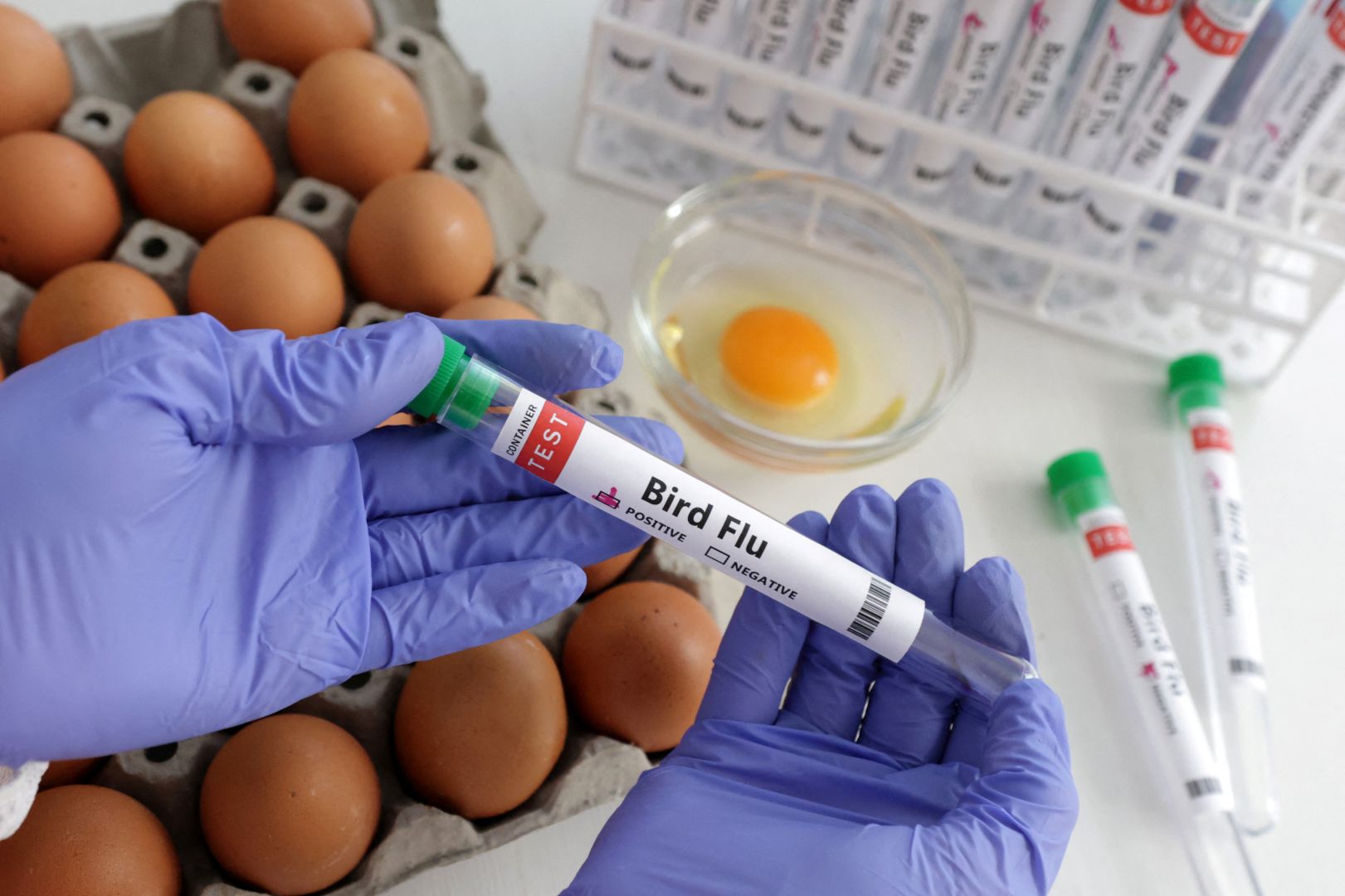Chickens and cattle hit with massive bird flu outbreak - Will food prices go up?

A highly contagious strain of bird flu is ripping through flocks of major egg producers around the U.S. It's not just chickens being infected – dairy cows have also tested positive, and one person in Texas is believed to have caught the virus after working with affected cattle, Azernews reports, citing a foreign media outlet.
As the Type A H5N1 influenza virus spreads, major egg producers have been forced to kill millions of chickens in attempts to contain the outbreak.
It's an economic loss for producers, and may soon become a burden on families' grocery store bills.
"We would expect to see some increase in prices because you're rapidly pulling a large number of potential eggs out of the market for the next 30 to 60 days," said Amy Hagerman, a professor of agricultural economics at Oklahoma State University.
Allergy season is getting longer and more severe in dozens of US cities: Here's where Under normal circumstances, egg prices would usually be dropping after the Easter holiday, when demand is high. She doesn't expect that to be the case this year.
Plus, egg prices haven't fully recovered from the ups and downs of the past two years. In 2022, when bird flu knocked out 10% of the country's laying hens, prices skyrocketed.
Now, the average price of a dozen eggs is about $2.99, according to federal data. That's worse than six months ago, when a carton typically ran about $2, but way better than January 2023, when a dozen eggs cost $4.82 on average.
While egg prices start creeping higher if the avian influenza outbreaks grow, the situation is different when it comes to dairy products.
How rare is your state quarter - and is it worth more than 25 cents? Dairy farmers in Texas first became concerned three weeks ago when cattle started falling ill with what officials called "mystery dairy cow disease," Texas Department of Agriculture Commissioner Sid Miller said.
Milk production fell sharply and the cows were lethargic and weren't eating much.
"We hadn't seen anything like it before," he said. "It was kind of like they had a cold." With cattle, the virus doesn't appear to be nearly as deadly or contagious as it is with poultry, Hagerman said.
"If this virus gets into a poultry block, every animal is infected within a very short period of time. And we're just not seeing that so far, or it's not being reported by the cattle producers and by the veterinarians.
" That means fewer deaths for dairy cattle, and fewer production disruptions for the dairy industry.
Poultry prices are also not being impacted at this point. While millions of egg laying chickens have been depopulated, commercial broiler operations – chickens raised for their meat – have not been greatly affected. Some turkey flocks have been impacted.
---
Follow us on Twitter @AzerNewsAz
Here we are to serve you with news right now. It does not cost much, but worth your attention.
Choose to support open, independent, quality journalism and subscribe on a monthly basis.
By subscribing to our online newspaper, you can have full digital access to all news, analysis, and much more.
You can also follow AzerNEWS on Twitter @AzerNewsAz or Facebook @AzerNewsNewspaper
Thank you!
